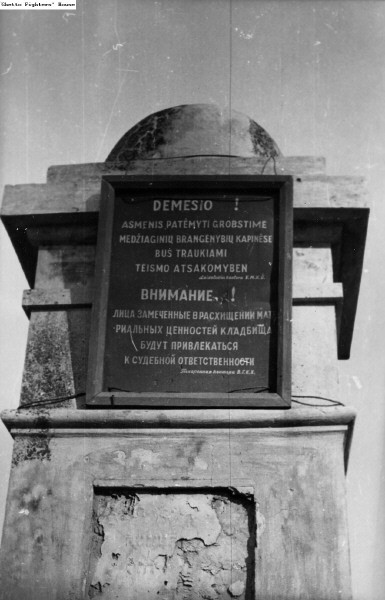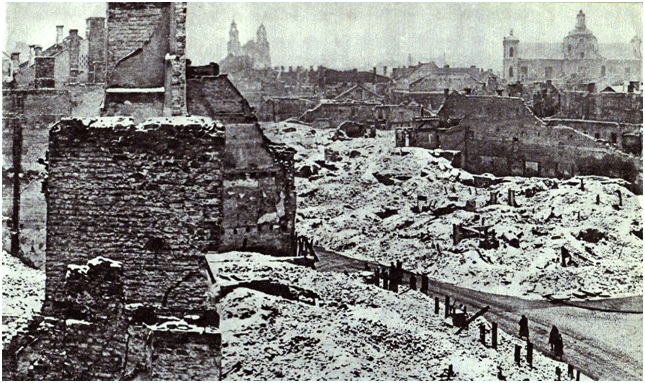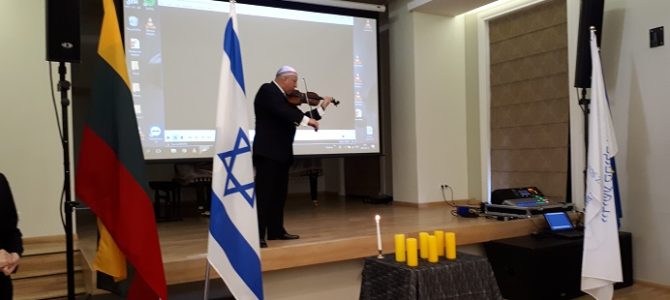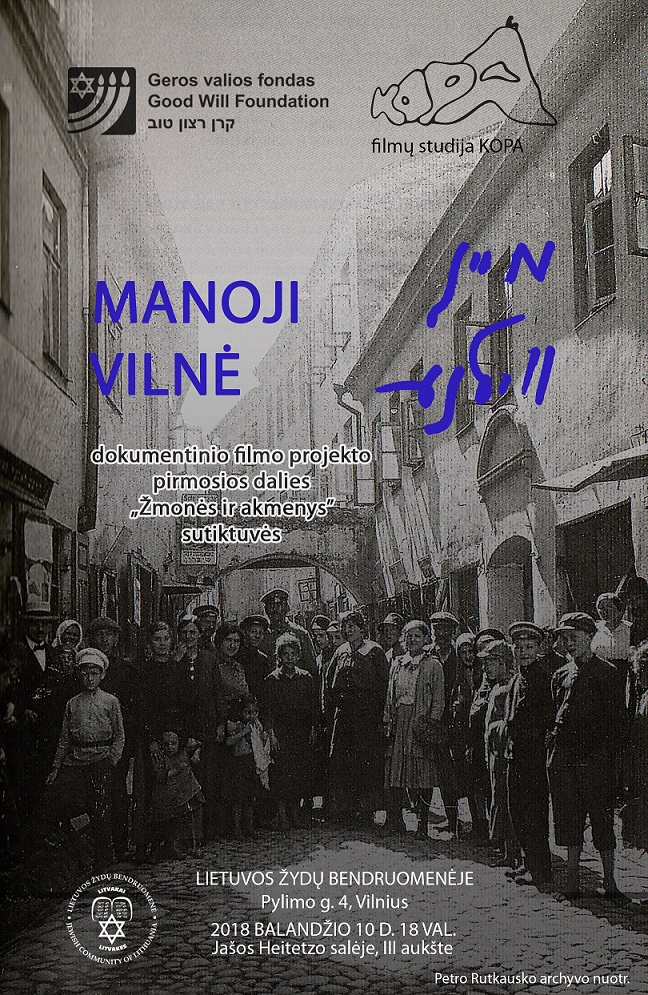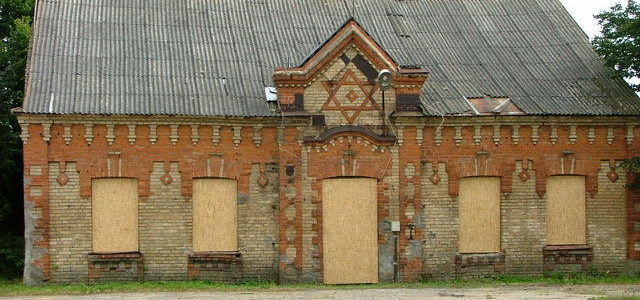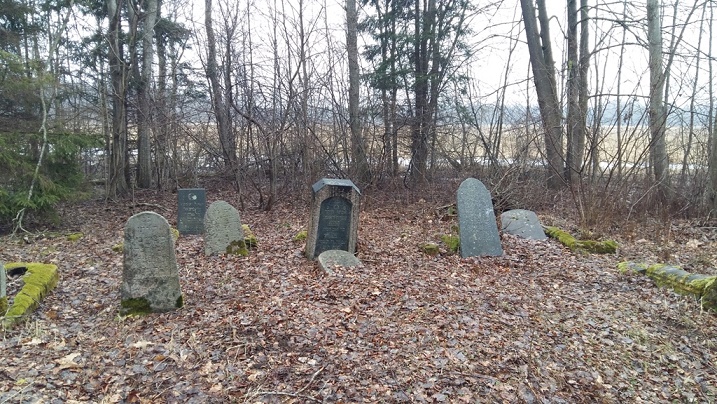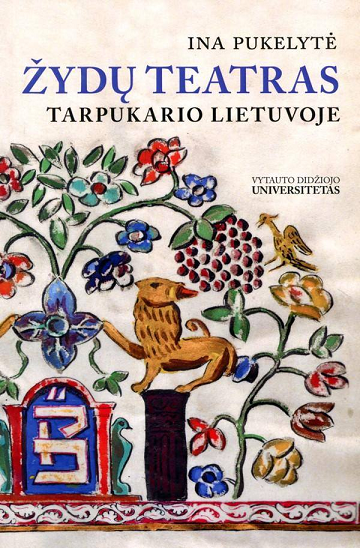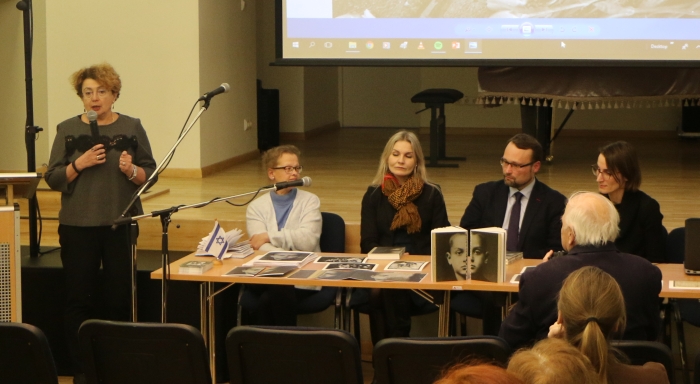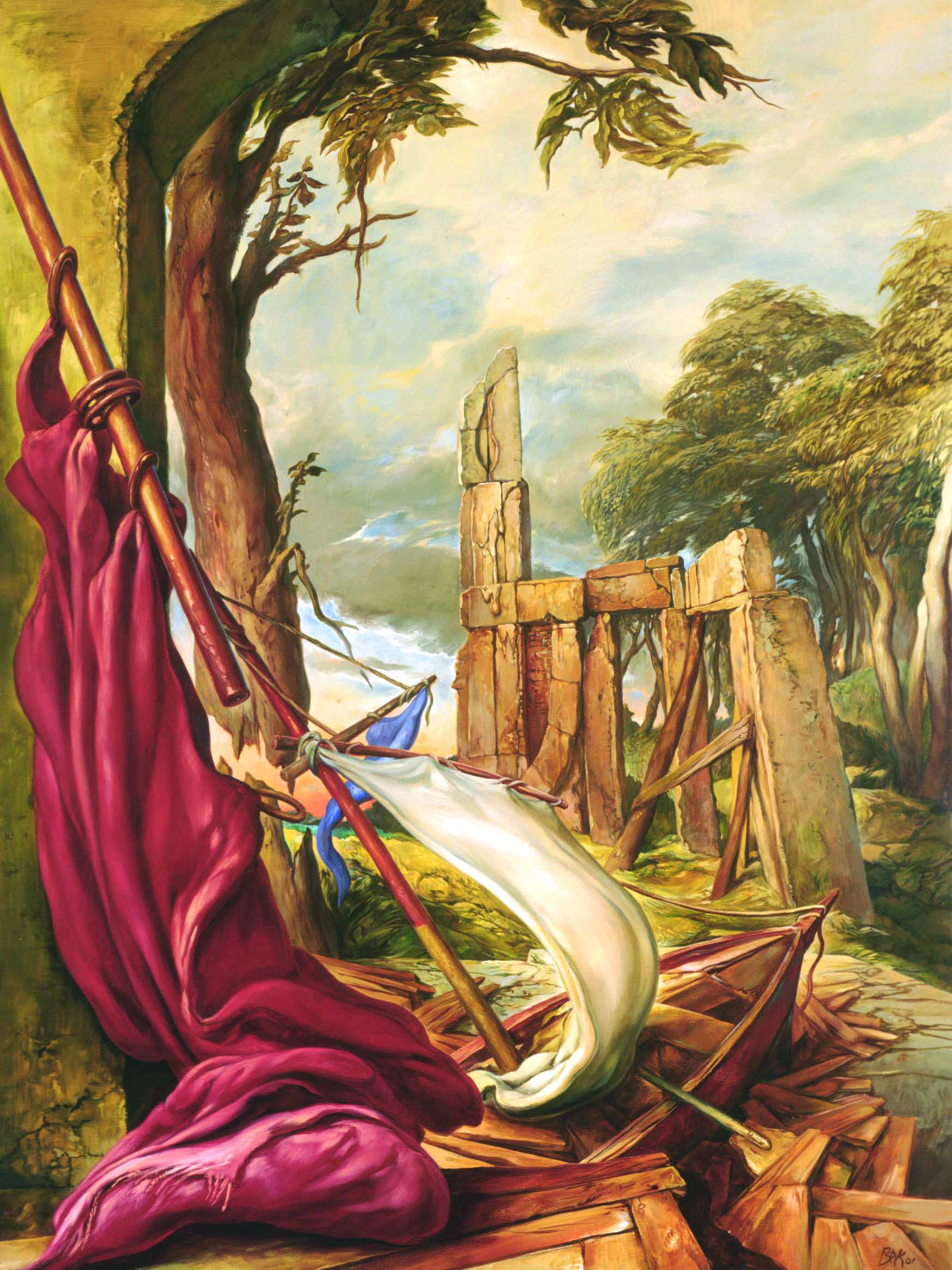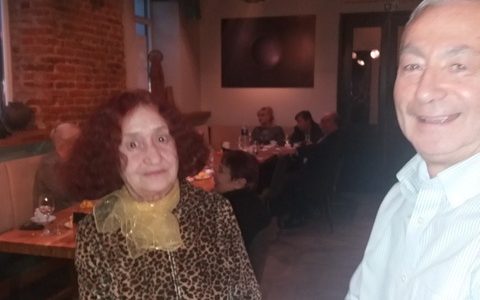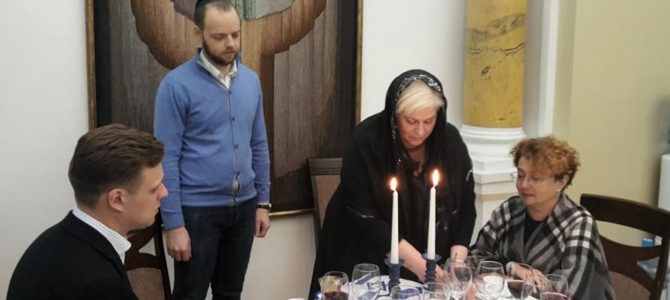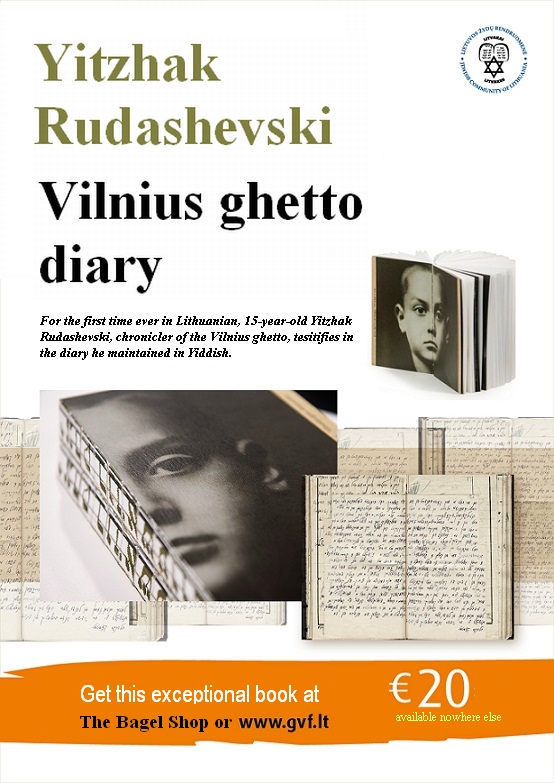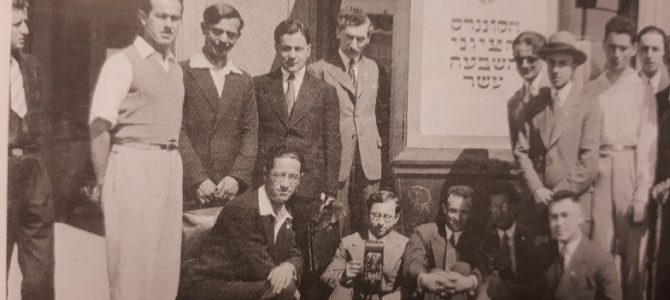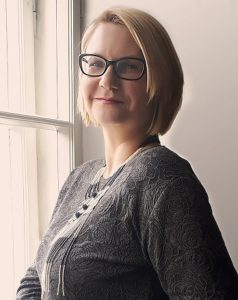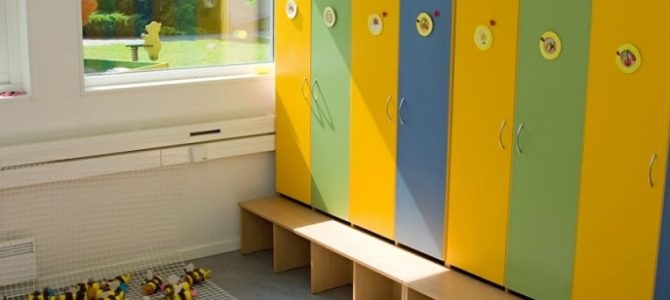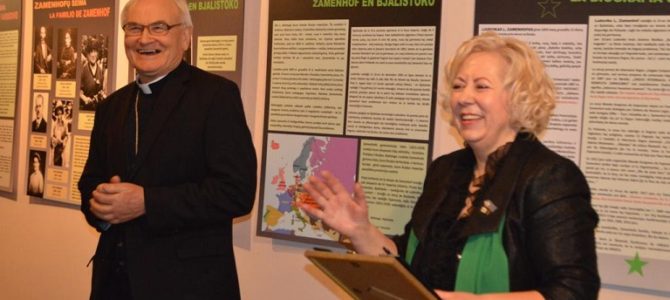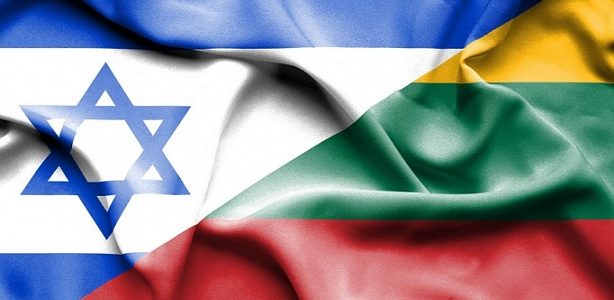
Lithuanian prime minister Saulius Skvernelis greeted Israeli prime minister Binyamin Netanyahu and all the Israeli people on the 70th anniversary of Israeli independence.
“I wish the people of Israel peace, security, constant well-being and all manner of success. Lithuania highly esteems our partnership with Israel. The close ties between Israel and Lithuania have contributed to the comprehensively developing, very friendly and intense relations between our countries. We take great joy in the contribution Lithuanian Jews made to the founding of the State of Israel. I am certain our great cooperation–both bilaterally and at the international level–will continue to take place in a spirit of mutual understanding and will thus strengthen the ties between our people,” the Lithuanian PM said in his greeting.
PM Skvernelis also invited his Israeli counterpart to visit Lithuania which this year is celebrating the 100th anniversary of the restoration of her statehood.


